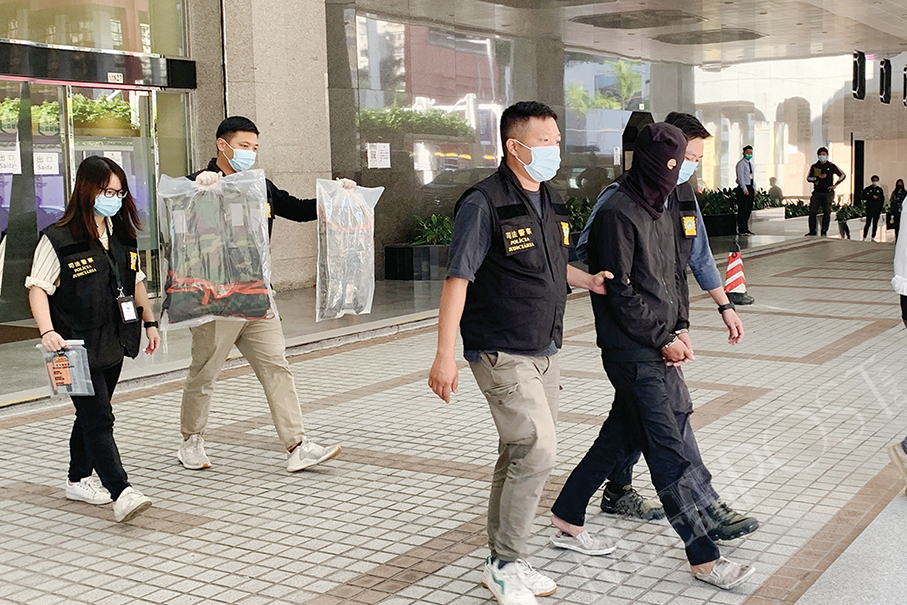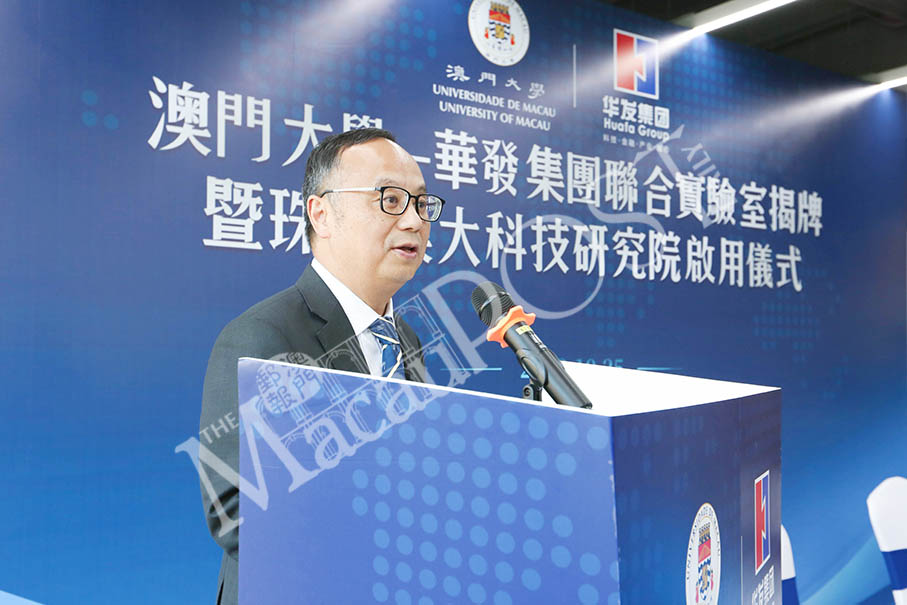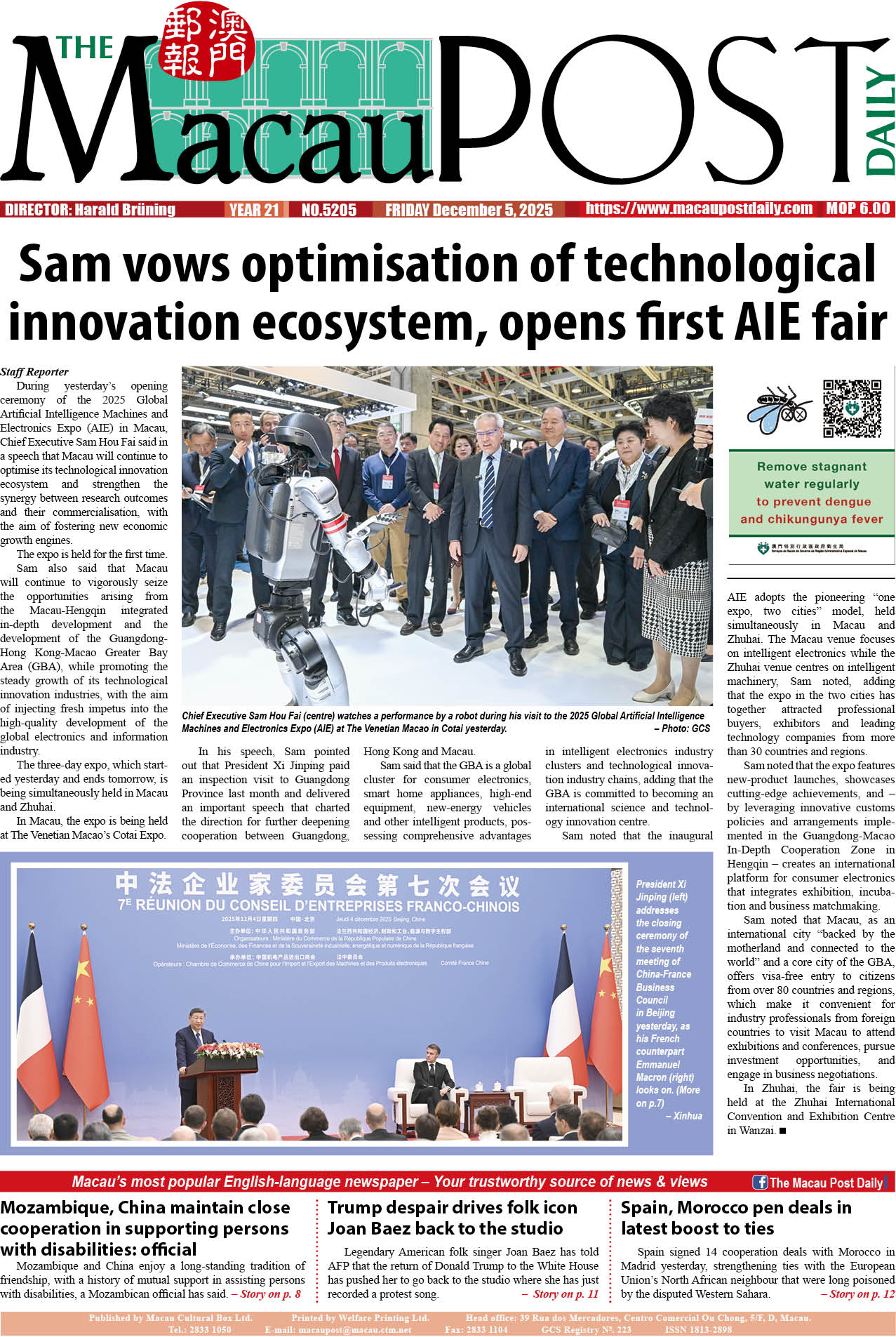The opening ceremony was held yesterday for the Metaverse Industry Association Macau’s (MIAM) “Dream Space: New Wave in the Metaverse” non-fungible token (NFT) exhibition at The Parisian Macao, the association’s second exhibition.
According to Investopedia, non-fungible tokens (NFTs) are cryptographic assets on a blockchain with unique identification codes and metadata that distinguish them from each other.
Unlike cryptocurrencies, they cannot be traded or exchanged at equivalency. This differs from fungible tokens like cryptocurrencies, which are identical to each other and, therefore, can serve as a medium for commercial transactions.
According to Wiktionary, the metaverse is “a hypothetical future (counterpart or continuation of the) internet, created by the convergence of virtually enhanced physical reality and physically persistent virtual space.”
The exhibition, which runs until February 24 next year, features over 40 crypto artworks and an interactive area, among others, and is co-organised by MIAM member and Web 3.0 investment firm Mindfulness Capital.
Thomas Ao Ka Seng, the association’s founder, president and Mindfulness Capital partner, told reporters after the event that there will be a rotation of the artworks in the next few months, while seminars will also be held as an opportunity to interact with members of the public and corporations regarding the metaverse.
In pursuit of the metaverse
When reporters asked why Macau appears to be behind the metaverse and NFTs, Ao said that although it did not mean that it was a bad thing, it could be due to existing internet infrastructure as “if the existing internet infrastructure is too good, people are satisfied with it”.
Ao also said he also thought that when it comes to Chinese culture, it tends to reinforce the idea of getting a proper, secure job, being less inclined to do new things to disrupt the whole industry and face intrinsic challenges. However, he was quick to add he thought that Macau was catching up, adding that from an entrepreneur’s perspective, Macau is already learning from places such as Silicon Valley and Hong Kong.
Ao also said that the city had the “ingredients” as the younger generation in Macau in the past 20 years had been keeping up with the newest technology and video games, but there were challenges when it came to whether companies would be willing to risk their own cash flow in investing in the metaverse when the word itself is not yet as well defined.
Regarding the segments that could benefit from investing in the metaverse, Ao said that perhaps consumer and fashion-related products as well as conferences and information technology (IT) services could benefit from doing so.
Moreover, on the future pursuit of the metaverse in Macau, Ao told The Macau Post Daily that innovation is driven by either “start-ups who want to disrupt the existing order” or large companies “bringing the huge resources into the space and monopolising it”, which he said he thought both could happen in Macau.
He added that he has seen boutique-sized start-ups doing card games and their own animations, among others. He said that he believed that something was being done, but it could be too early to say.
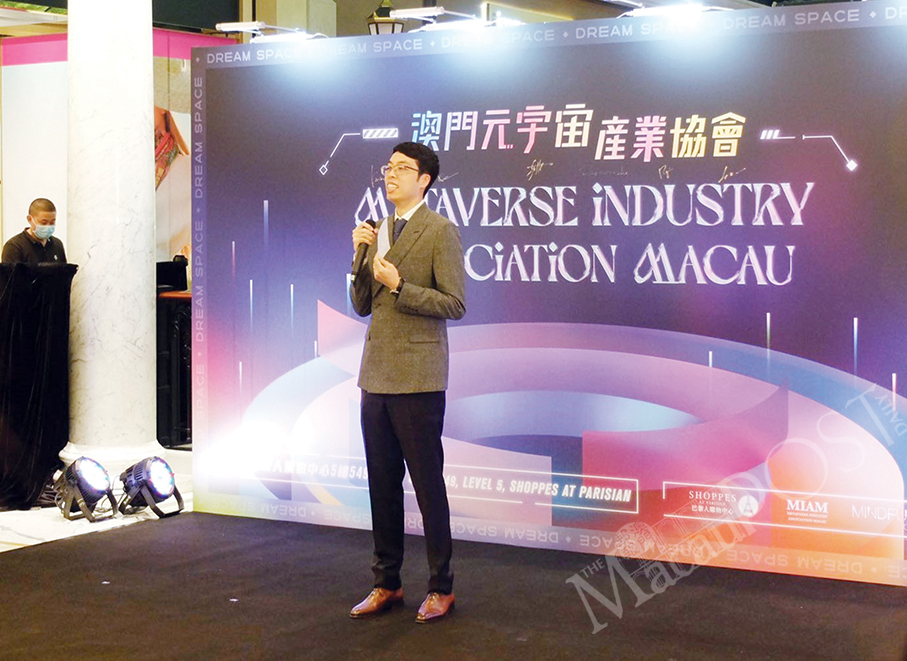
Metaverse Industry Association Macau’s (MIAM) founder and President Thomas Ao Ka Seng delivers a speech at yesterday’s opening ceremony. – Photo: Rui Pastorin
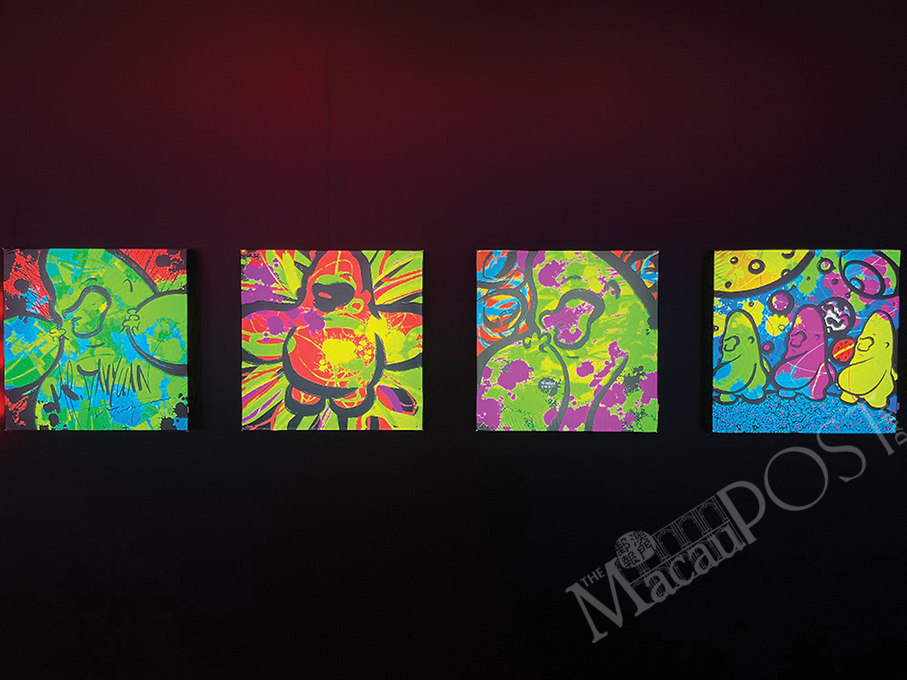
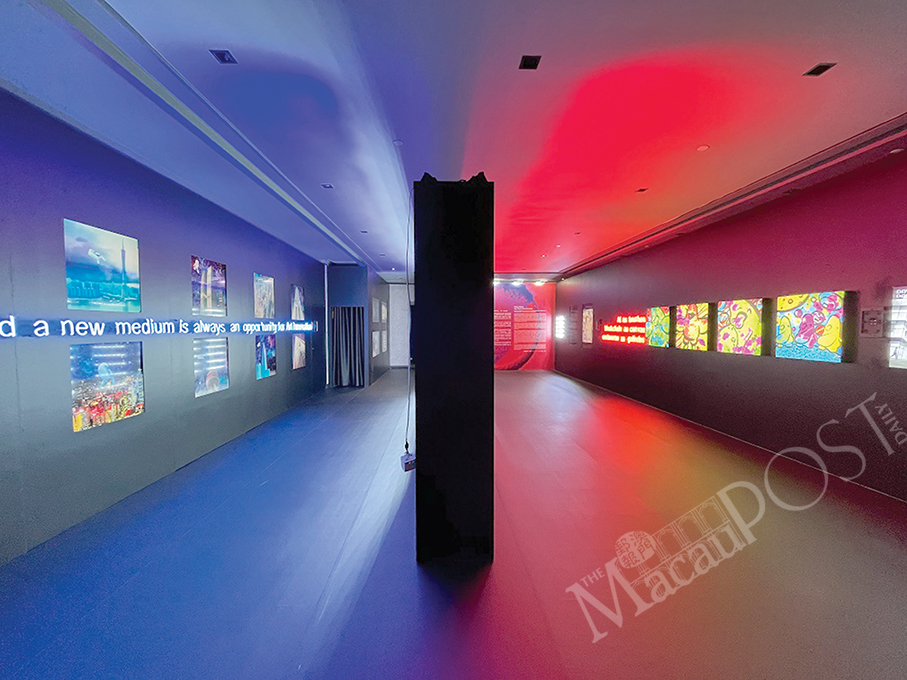
These photos provided by Sands yesterday on behalf of the Metaverse Industry Association Macau (MIAM) show the exhibition at The Parisian Macao in Cotai.






